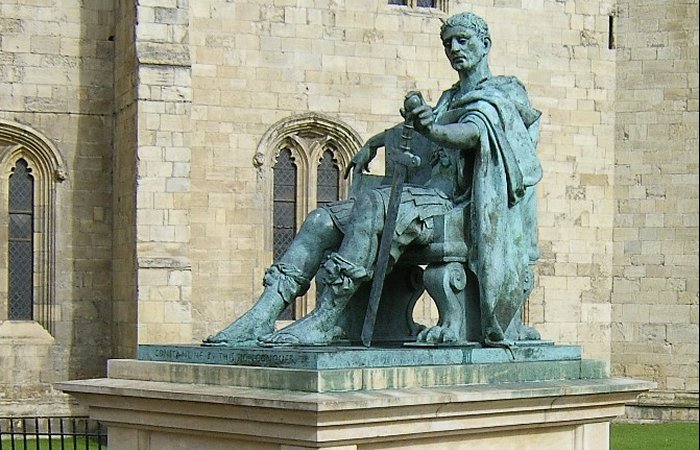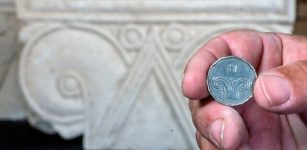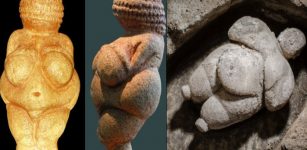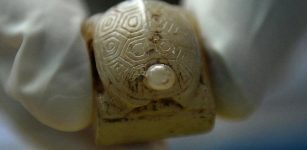On This Day In History: Edict Of Milan Is Signed – Persecution Of Christians Ends – June 13, 313 AD
AncientPages.com - On June 13, 313 AD, the Edict of Milan was signed by Roman Emperor Constantine, and Christians' persecution ended.
When Emperor Constantine ascended to the throne, he took the opposite track, extending an offer of peace and recognition to Christians.
Statue of Constantine in York , the city where he was proclaimed emperor. Image credit: - CC BY 3.0
Christianity was a persecuted religion in Rome, and mainly, Roman emperors Diocletian and Galerius took the measures to the extreme, banning all Christian practices, imprisoning violators, or throwing them to the lions.
Thousands of Christians suffered; many more went underground, but Christianity as a movement survived.
On this day in 313 AD, Emperor Constantine in the West and Emperor Licinius in the East jointly issued the Edict of Milan, ending the persecution of Christians and restoring their property seized during the persecutions.
The proclamation did not make Christianity the official or even the sole religion of the state; instead, it put Christianity at the same level or standard as other religions in Constantine's empire.
With the emperor having converted to Christianity himself, however, it was apparent which way the wind was blowing.
Constantine the Great (Latin: Flavius Valerius Constantinus) was born after 280 AD; he was the first Roman emperor to profess Christianity.
He initiated the evolution of the empire into a Christian state. He provided the impulse for a distinctively Christian culture that prepared the way for the growth of Byzantine and Western medieval culture.
AncientPages.com





















